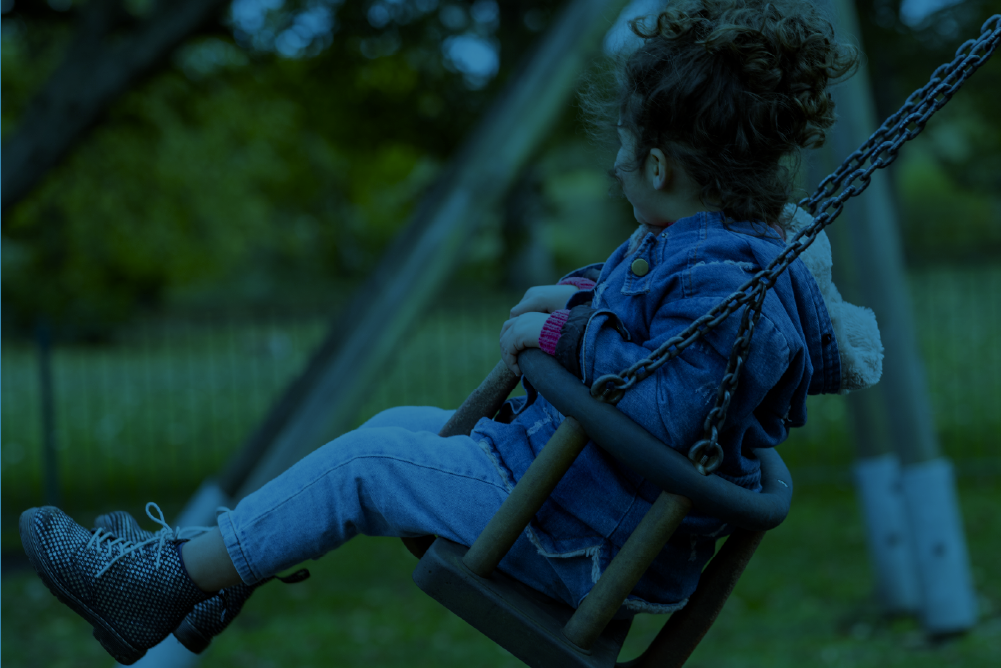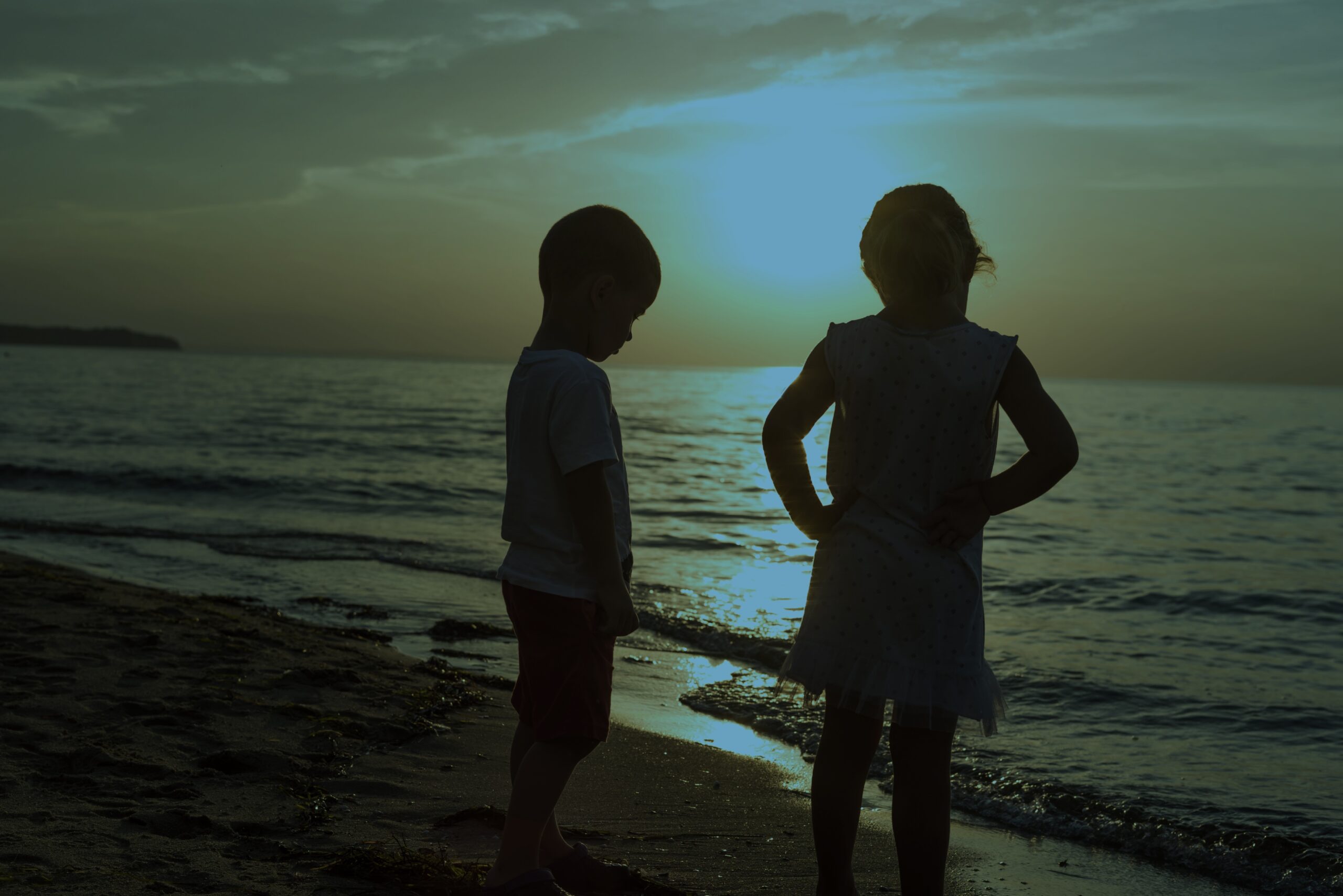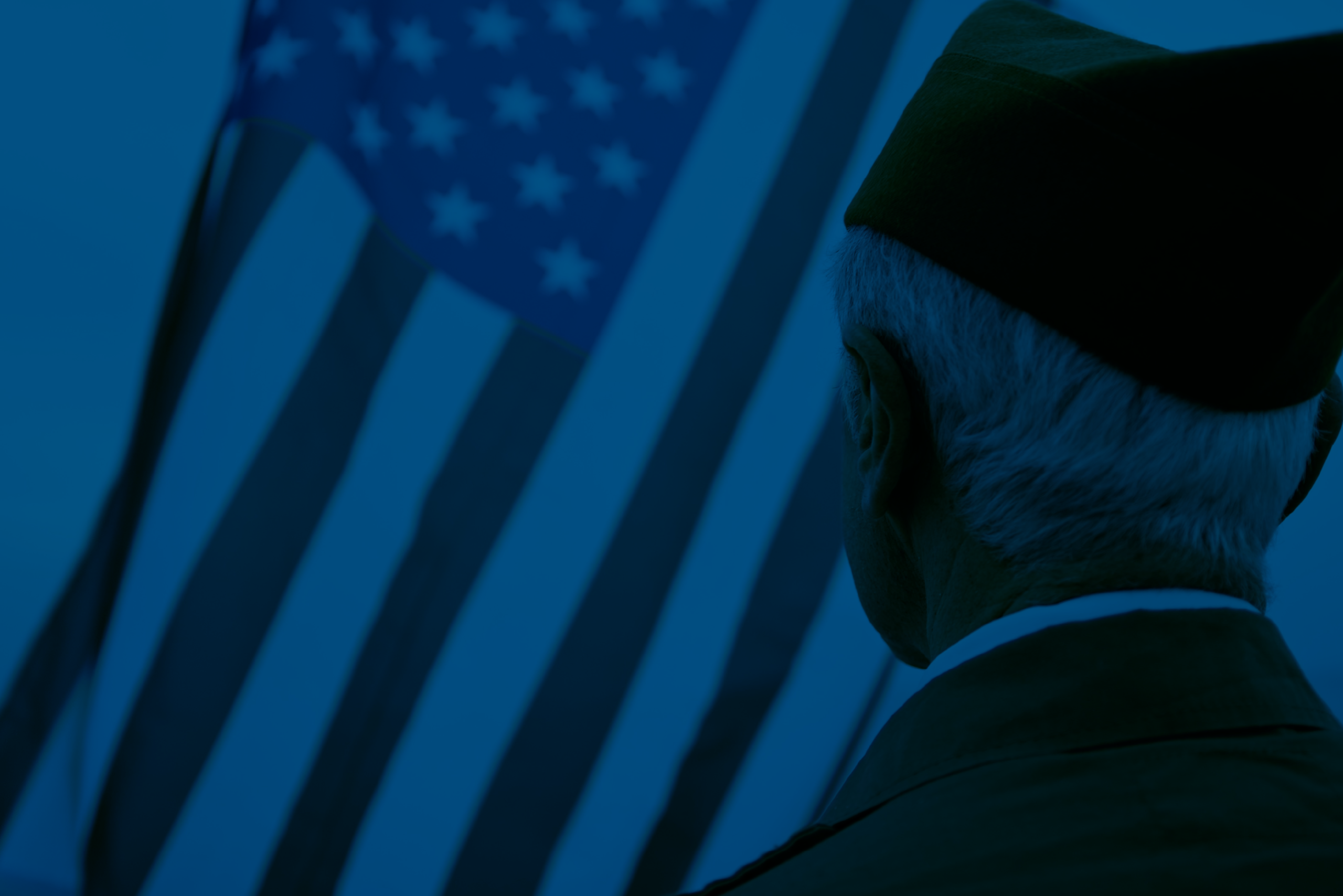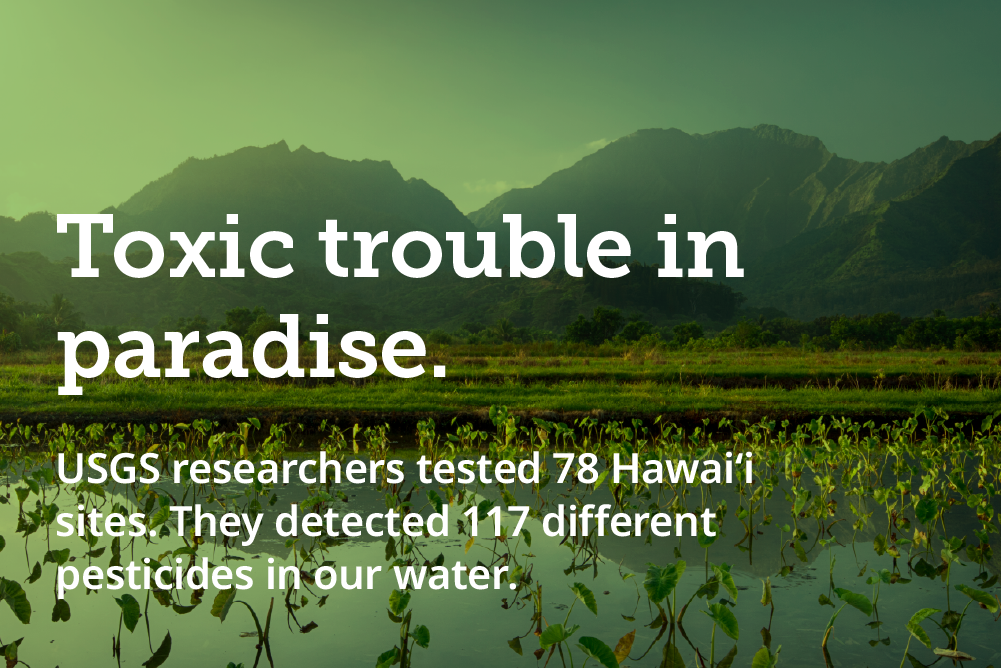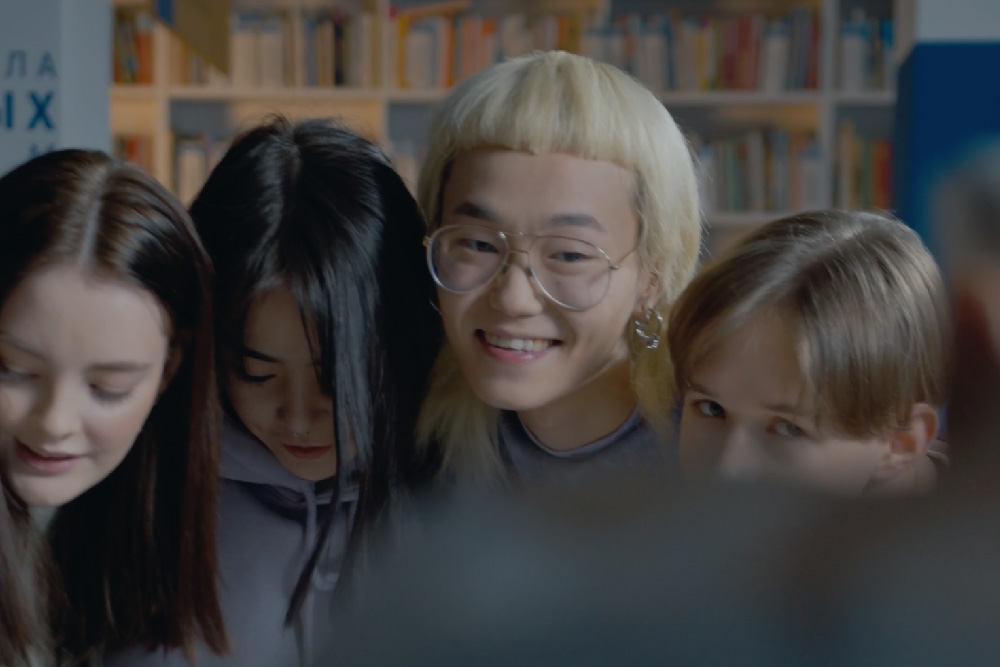
Treating troubled teens has become a growth industry even as reports of physical, emotional, and sexual abuse of young offenders participating in these programs have become more widespread.
A Troubled History
Many trace the beginnings of the troubled teen industry to a 1950s organization called Synanon, which was a drug rehabilitation program that involved no doctors. One of the methods included a game that used verbal abuse to help drug addicts take responsibility for their part in their addiction. Over time, the game also began to involve physical abuse.
Other groups began to take on this “tough love” approach to helping at-risk teens. These approaches were explored on TV talk shows and even in a 1985 TV movie called Toughlove.
We can help.
Many horror stories emerged over the years. One former member of Synanon was almost killed trying to rescue his child from the group in 1977. In a 2007 study, the Government Accountability Office found abuse as far back as 1990. Female victims shared stories of abuse and micromanagement in magazine articles in Mother Jones and The New Yorker.
One of the most recent cases occurred in Hawai’i, where a former group leader at a youth intervention organization known as Hawai’i National Guard Youth Challenge was convicted of sexually assaulting a youth at the facility. A Hilo jury found Paul Banashihan Jr. guilty of nine offenses and sentenced him to 10 years in prison. The charges included three counts of sexual assault in the second degree, two counts of attempted sexual assault in the second degree and four counts of sexual assault in the fourth degree.
When teens act out, parents often feel pressured to seek outside help. Some turn to residential programs such as Teen Challenge, the National Guard’s Youth Challenge, and other similar groups. But lack of oversight and a pervasive focus on secrecy mean can create an environment that exposes vulnerable youths to physical, emotional, and sexual abuse at the hands of those who are supposed to be helping them.
Stories of sexual abuse that have occurred in these programs span decades. The Netflix series The Program: Cons, Cults, and Kidnappings explores survivors of abuse at a facility in the early 2000s. In addition, Paris Hilton shared personal stories of abuse at facilities in a recent open letter to Congress in support of a bill to study and reform the troubled youth industry.
As more survivors share their stories and states have extended filing deadlines for child sexual abuse lawsuits, some victims have been able to get justice through civil lawsuits and criminal trials.
How We Help Sex Abuse Victims
Our Hawaii sexual abuse lawyers work one-on-one with survivors, offering a direct, personal level of care and discretion. We use our decades of experience battling big organizations to fight on behalf of survivors, aggressively taking on those responsible for the pain and suffering they’ve caused. Our results obtaining justice for victims speak for themselves. If you are a survivor of childhood or adult sexual abuse, we can help.

